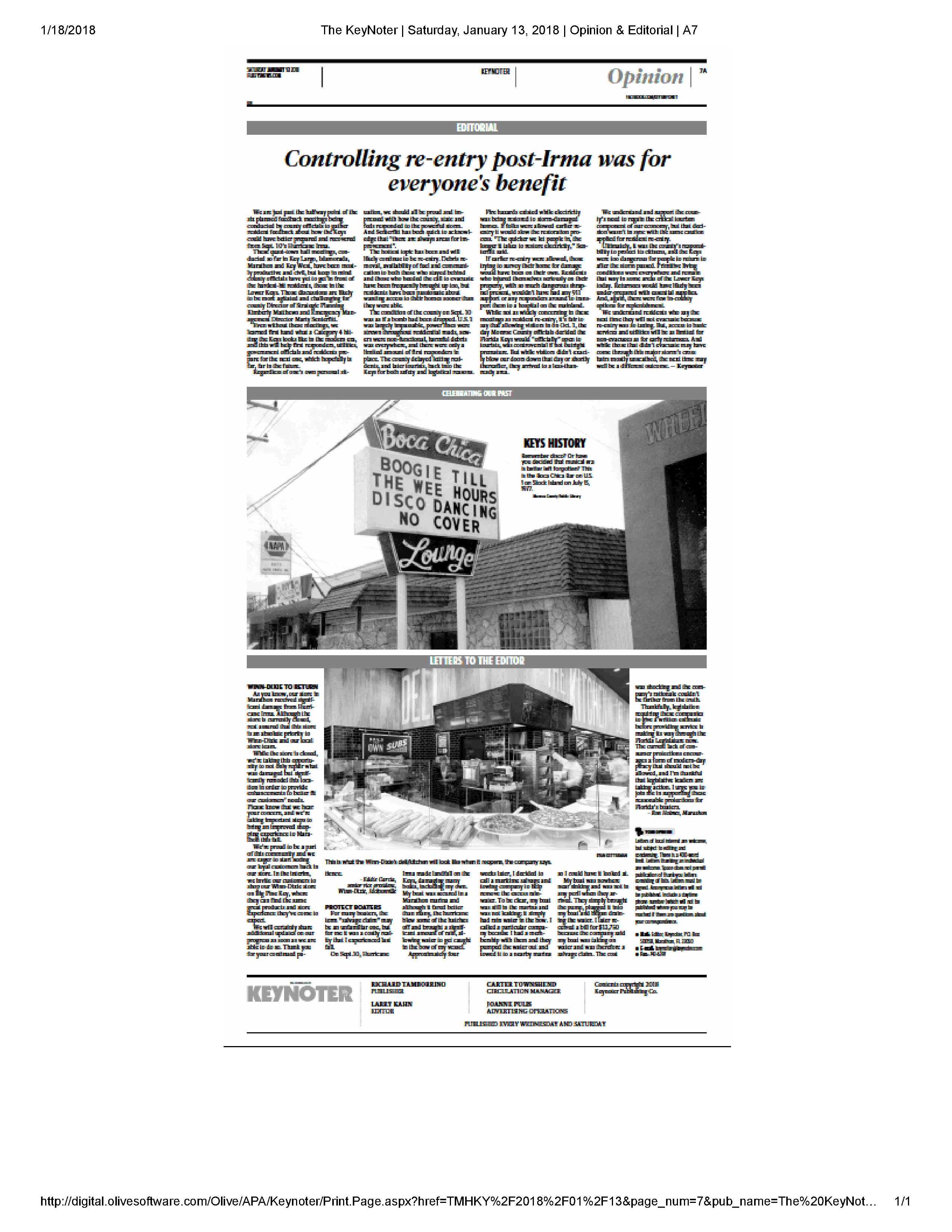The Fight for Price Transparency Will Continue
The Stop Sea Piracy campaign was established to advocate for reasonable reforms and price transparency that would give Florida’s boaters a greater peace of mind on our state’s waters. Thanks to many of the campaign’s advocates and Florida lawmakers Sen. Dana Young and Rep. Shawn Harrison, legislation was introduced during the 2018 session targeting the unethical practices of disreputable maritime salvage and towing companies.
The Stop Sea Piracy bill was passed overwhelmingly by the Florida House of Representatives and advanced through seven committees, but unfortunately did not become law this year. However, the campaign was tremendously successful in raising awareness for an issue that affects so many Floridians, gaining support from legislators who are committed to bringing transparency and accountability to the maritime salvage and towing industry and peace of mind to Florida’s boaters.
The fight for safe boating and price transparency will undoubtedly continue. We are confident that Florida’s lawmakers will persist in their efforts to fight for Florida’s boaters and we are excited to keep advocating for consumer protections. We encourage individuals who have had unfair experiences with these companies to submit their stories on the website.

